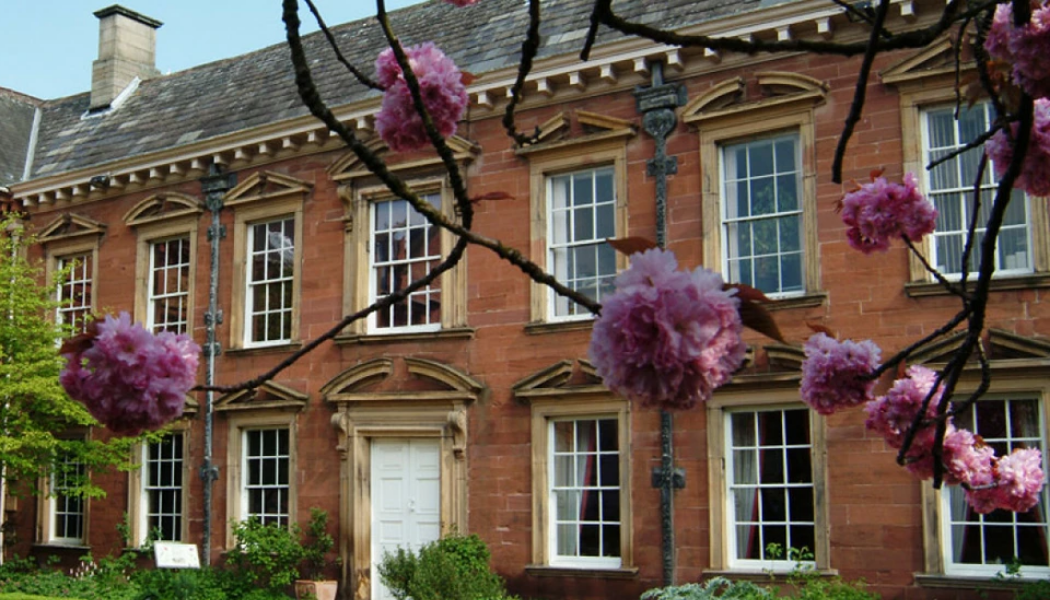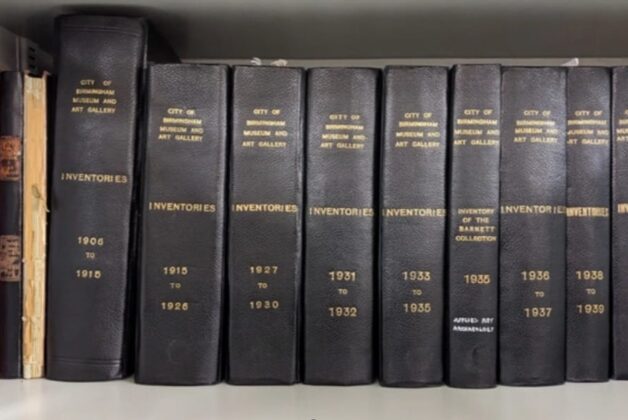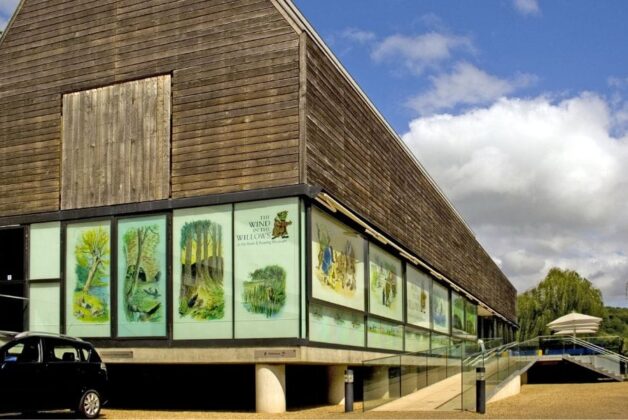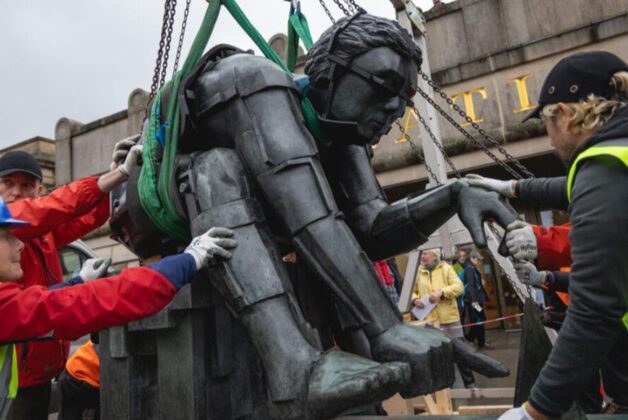Alistair Hardaker
Image: Tullie House Museum and Art Gallery (Tullie House Museum and Art Gallery)
Museum transfers include a Roman altar to Senhouse Museum and a farmer’s smock to the Museum of English Rural Life in Reading.
Tullie museum and art gallery in Carlisle has completed its ‘De-Tabooing Disposals’ project, rehoming objects from its collection internal and externally.
It said it has now completed all the outcomes of the project, creating a “clearly defined and approved process for deaccessioning objects from the collection”.
Tullie implemented the project between 2023 and 2025, integrating disposals into its collections management.
The initiative allowed Tullie to rehouse objects that no longer aligned with its collections development policy, finding them new homes and purposes.
160 objects have received a Non Key Decision Notice from Cumberland Council, with a further 119 currently progressing through the disposals workflow.
It reports that many objects within the disposal batches were rehomed internally within the organisation, through direct transfers to the education handling collection.
Some of these items had been on long-term loan to the learning department since the 1990s, and others are fresh acquisitions which it said will “help the learning team structure new handling boxes that are available for loan to local schools and for use in outreach sessions.”
Transfers to other museums included an army uniform travelling over the road to the Cumbria Museum of Military Life, a farmer’s smock joining the collection of the Museum of English Rural Life in Reading and a Roman altar to the Senhouse Museum in Maryport.
Several large, mass-produced objects from the Social History collection joined the prop store at the Green Room, a local amateur theatrical society. Items such as typewriters and vacuum cleaners will feature in future productions. Tullie said they will be “of greater public benefit than hidden in the museum’s stores”.
A large proportion of objects disposed from its Costume collection were rehomed with Tullie Textiles, the museum’s community creative workshop series. These textiles were either acquired without relevant context or were deteriorated in condition beyond viable conservation, it said. “They can now be reused creatively and have a second life beyond the museum store.”




